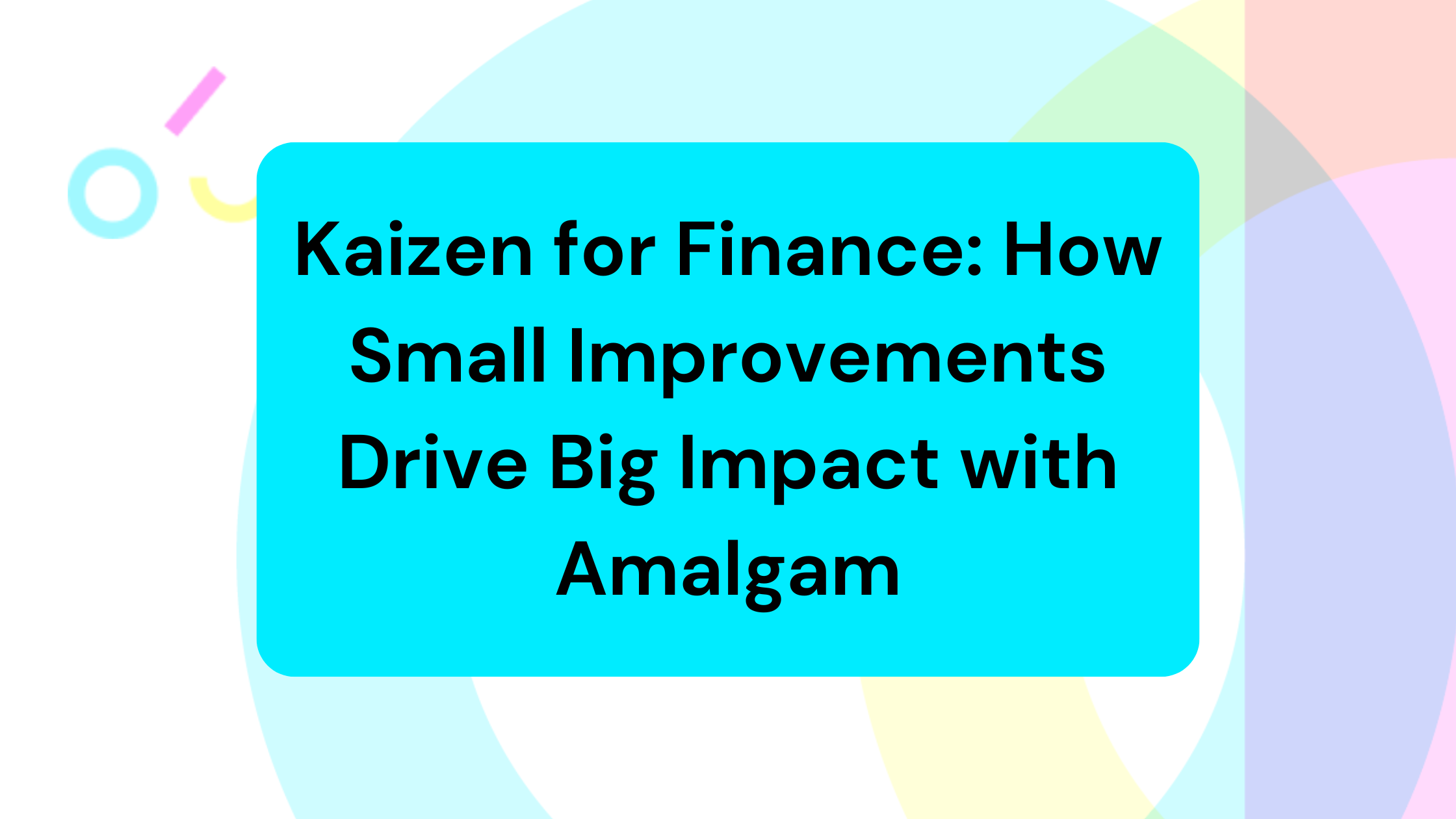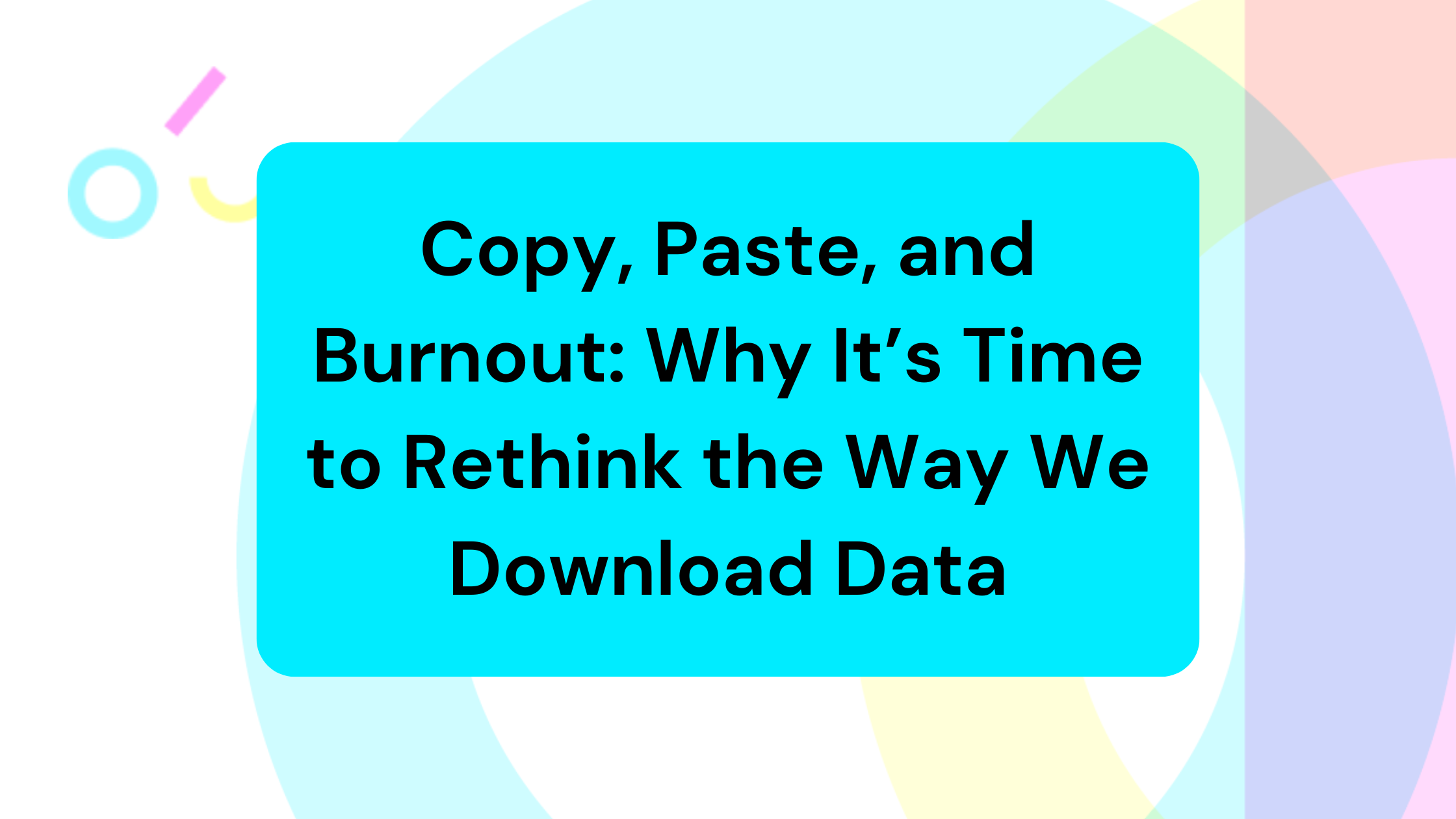With so many revenue-collection channels available, businesses face a crucial decision in selecting the right point of sale (POS) and payment processor. Whether you run a retail store, restaurant, or online business, your choice will impact everything from daily operations to customer satisfaction. In this article, we’ll break down the different types of POS and payment processing platforms, helping you understand their features and benefits. Our goal is to equip you with the knowledge to make an informed decision that aligns with your business needs and growth objectives.
The Types of Platforms
First, let’s break it down to talk about the different types of platforms and how they may work together or stand alone. Sales & Payment Platforms like Shopify, PayPal, and Square offer sales and payment processing. These all-in-one solutions simplify the sales process by integrating online and offline transactions. Payment platforms like Stripe and Amazon Pay specialize in processing payments without tying into a sales platform, and Sezzle, Afterpay, Affirm, and Klarna offer “buy now, pay later” options.
There are also industry-specific platforms like restaurant delivery marketplaces. GrubHub, Uber Eats, ChowNow, and DoorDash cater specifically to the food industry, offering delivery services integrated with payment processing. Brick and mortar sales systems like SpotOn, TouchBistro, ShopKeep, and Clover were designed for traditional retail and service businesses. They focus on in-store transactions and offer robust POS systems that integrate with inventory management and other business operations.
For service-based businesses, specialized systems are built to handle booking appointments and managing services. Hair salons may use GlossGenius, spas may use Mindbody, and veterinary offices might turn to Covertrus to manage both scheduling and payments.
Next, eCommerce sales platforms such as Squarespace, WooCommerce, Wix, and BigCommerce focus solely on online sales, offering customizable eCommerce websites and integrated payment processing. Finally, eCommerce marketplaces like Amazon, eBay, Etsy, and Walmart provide platforms for selling products to a broad audience. These marketplaces handle the sales and payment processing.
Overview of Selected Systems

How Different Industries Matter
You probably recognize that different industries use different payment methods, and for good reason! As a retailer, you need fast transactions, easy-to-use systems, and smooth integration with your inventory management. In the restaurant world, it’s all about managing orders quickly, handling tips smoothly, and integrating with reservation systems. Specialized payment systems are a must in the cannabis industry because of strict regulations and the need for secure transactions. Platforms like Korona POS, Treez.io, Greenbits, and Dutchie are built to handle these challenges and keep your business compliant.
Small businesses and independent contractors are increasingly using peer-to-peer payment platforms like Venmo and CashApp. These platforms offer quick and easy transfers with low barriers to entry, making them appealing to various business types, including food trucks and pop-up shops. However, these systems lack proper accounting tools, so they are best suited for personal transactions.
How Many Is Too Many?
We get it—businesses want to make their products and services accessible through as many channels as possible, which is why so many turn to multiple sales platforms. But let’s be honest, managing all of these platforms can lead to serious app fatigue. You’re dealing with multiple subscriptions and manual data entry, and the costs quickly add up. On top of that, accounting, compliance, and reporting can become confusing, overwhelming, and hard to keep up with. Some shared platforms even risk duplicating income or expenses, with each one having different fees, reporting times, and quirks. That’s why it’s essential to choose and work with the platforms that are best suited to your business. Whether it’s daily, weekly, monthly, or quarterly reporting, staying on top of everything is a challenge that can impact your overall efficiency and growth. That’s why it’s important to have the right tools and strategies in place to keep everything running smoothly.
The Tools That Help
For the accountants, bookkeepers, and CFOs reading, the key to managing multiple sales channels and payment platforms efficiently lies in finding the right tools that align with your needs. Embracing automation is essential for streamlining data management and minimizing manual data entry. Tools like Amalgam are designed to integrate seamlessly with various POS systems, automatically pulling in and consolidating financial data. This automation reduces the time spent crunching numbers, enhances accuracy, and provides real-time insights. By leveraging such innovative solutions, financial professionals can focus more on strategic analysis and decision-making, ultimately driving better financial outcomes for their clients or organizations.
Choosing the Right Solution
The platforms we touched on in this article are just a fraction of the growing number of POS and payment processor options available today. With so many choices, it’s crucial to do your research, ask peers in your industry, and take advantage of free trials when you can. Not everyone has the time to test multiple apps, but making an informed decision is key. The right POS or payment processor can make all the difference—streamlining operations, improving customer experience, and boosting overall efficiency. Whether you’re dealing with high-volume retail, restaurant management, or industry-specific regulations, choosing a platform that aligns with your business model is essential for long-term growth and success.




